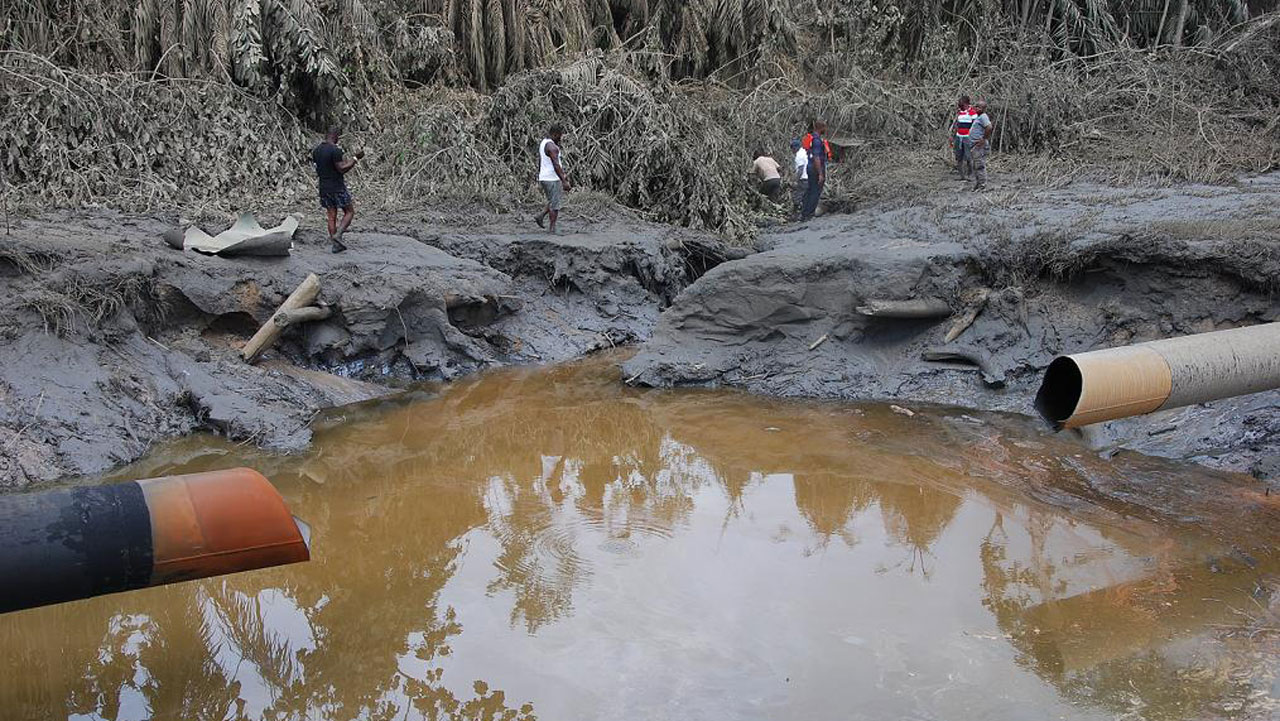
•Operators demand deregulation, end of subsidy regime
Nigeria’s ability to earn substantial revenue from oil and gas resources to finance its programmes is being hampered by the continued vandalisation of assets as losses hit an average of 11,000 barrels per day for oil major and at least $2 billion from the destructive activities on the Nembe Creek Trunkline (NCTL) vandalism in the last four years.
At $65.60 per barrel based on the OPEC basket price, Shell’s loss of 11,000 bpd averages $261 million yearly besides the liabilities suffered by other operators.The lost revenues, observers noted, were sufficient to fund critical ministries in the 2019 budget.
Industry data show that 42 per cent of the Appropriation Act, representing N3.73 trillion, is to be financed from oil and gas funds, even as the nation hopes to get a higher production quota from agreed OPEC cuts that was extended till March 31, 2020.
According to stakeholders, while the indigenous players have demonstrated growth, especially in terms of crude oil production and exploration, the survival of the firms is being threatened largely by high debt profile, cash flow pressure, growing oil theft, multiple fines and levies, host community challenges and debt service commitments.
Managing Director of Aiteo Group Victor Okoronkwo, whose organisation had declared series of force majeure on the Nembe Creek Trunkline, noted that the situation requires urgent attention of the Federal Government.
He said a new $5 billion investment plan between his company and the Nigerian National Petroleum Corporation (NNPC) would increase the nation’s oil output by 250,000 bpd and gas production by 300 million standard cubic feet.
The move, according to him, could add 1.2 gigawatts of electricity to the grid. Okoronkwo submitted that government would be making the right decision by opting out of joint ventures, adding that the development would stabilise existing private joint partners’ capital and consolidate their position.
Permanent Secretary, Federal Ministry of Petroleum Resources, Dr. Folasade Yemi-Esan, insisted that the nation’s petroleum industry was affected by high industry technical costs, obsolete legislations and fiscal regimes, downstream sector issues and infrastructure constraints.
Group Managing Director of the NNPC, Maikanti Baru, harped on collaboration between the capital market and local operators for availability of finances.He charged the sector players to invest in human capacity development, improve engagement with government, especially the legislative arm, harness consolidation and standardise operations in line with international best practices.
In a related development, the indigenous operators urged government to deregulate the industry and end the controversial fuel subsidy, stating that payments for subsidised consumption hit $5 billion last year.The calls for deregulation resonated yesterday at the ongoing Oil and Gas Conference and Exhibition in Abuja.
The operators, who also commended the National Assembly for passing the Petroleum Industry Bill (PIB) and advised government to reconsider its passage, cautioned against signing a version that could jeopardise investments in the oil sector.Managing Director of Oando Plc., Wale Tinubu, who made the disclosure, said the sum represented funds that could have been used to finance other critical infrastructure for the well being of the citizenry.He, therefore, charged stakeholders to support the deregulation of the industry to engender growth.
The Executive Director of Nestoil, Dr. Chukwueloka Umeh, also condemned government’s regulation of the sector, maintaining that a true privatisation programme had not been carried out.He stressed that government needed to allow full deregulation to take its full course like it did in the telecommunications industry.



